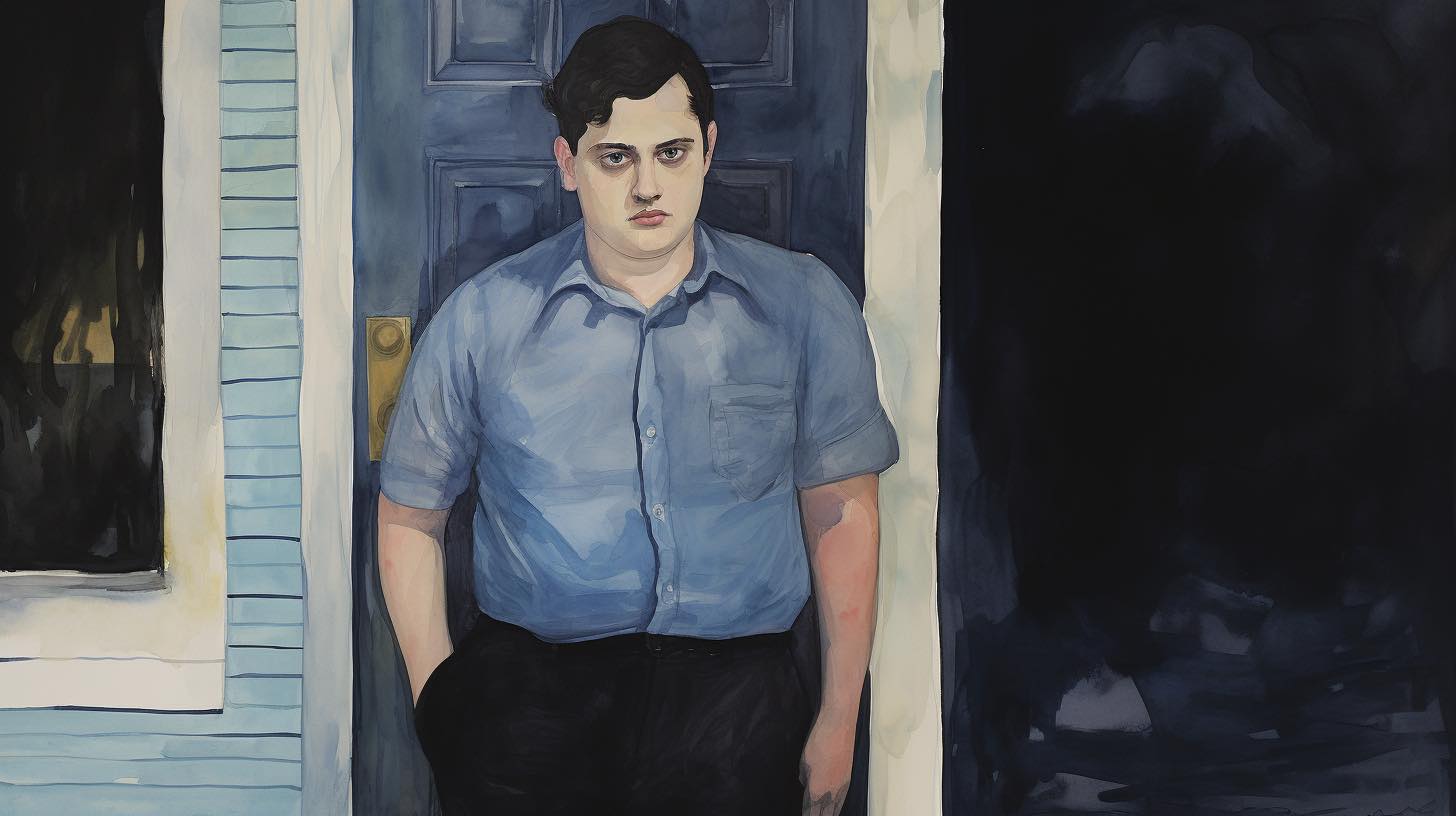My name is Alex, and I was diagnosed with Obsessive-Compulsive Disorder four months ago. I’ve always had a vivid imagination, but I never thought that my mind could turn into a battleground, filled with intrusive thoughts that refused to leave and an urgent need to perform certain actions to keep the anxiety at bay. When the doctor told me it was OCD, it was as if a light had been switched on. I finally had an explanation for the relentless, disturbing thoughts and the exhausting compulsions.
Having a diagnosis was both a relief and a call to action. Now that I knew what was happening, I decided to arm myself with knowledge. I wanted to understand this disorder that had become an uninvited guest in my mind.
Diving into the world of OCD hasn’t been easy. The sheer volume of information was daunting. Some days, sifting through various resources to separate valuable information from inaccurate claims felt like a second full-time job. The medical terminology was a steep learning curve, and the contradicting viewpoints about treatments added to my confusion.
One unexpected challenge was dealing with the stigma surrounding OCD. Many people didn’t understand that it was more than just a preference for order and cleanliness. They couldn’t grasp the torment of incessant thoughts and the urgency of compulsions. This lack of understanding often made me feel isolated, even among friends and family. It became clear that my journey wasn’t just about educating myself, but also about helping those around me understand the reality of OCD.
However, finding support groups where I could connect with others going through the same struggles was a game-changer. Sharing experiences and strategies with individuals who truly understood what it felt like to live with OCD made me feel less alone. The strength and resilience I saw in others inspired me and fueled my own resolve.
Today, I am still on this journey of learning and understanding. I’ve started cognitive-behavioral therapy, which is challenging, but I can already see the benefits. Every bit of information I acquire, every personal story I hear, empowers me to combat my OCD. This journey isn’t easy, but I now know that every step I take, no matter how small, brings me closer to regaining control over my mind and life.
Alex
Here are some key aspects for learning about the disorder:
- Understanding OCD (A+): Understanding what OCD is, its symptoms, causes, and how it affects your brain and behavior is critical to recovery. OCD is a chronic condition where a person has uncontrollable, reoccurring thoughts (obsessions) and/or behaviors (compulsions) they feel the urge to repeat over and over.
- Psychoeducation (A+): Educating yourself about OCD and its treatments is essential. Knowledge about your condition empowers you to engage actively in your treatment and reduces stigma and misunderstanding about the condition.
- Cognitive Behavioral Therapy (CBT) and Exposure and Response Prevention (ERP) (A+): These forms of therapy are the most effective treatment for OCD. They help you confront your fears and change the thought patterns that lead to anxiety and compulsive behaviors.
- Medication (A): SSRIs and certain tricyclic antidepressants are often used to help manage OCD symptoms. It’s crucial to understand that medication can be a vital part of recovery, though effectiveness can vary from person to person.
- Family Support and Education (A): Support from loved ones is very important in managing OCD. Educating family members about the nature of OCD can help them provide the right type of support and understand your experiences better.
- Healthy Lifestyle (A-): Regular exercise, a balanced diet, and enough sleep can help manage symptoms and improve overall well-being. Stress management techniques can also help.
- Relapse Prevention and Maintenance (A): OCD is a chronic condition, so learning strategies to maintain your recovery and prevent or manage relapses is vital. This usually involves regular check-ins with your healthcare provider and might include ongoing or intermittent therapy.
- Regular Follow-ups with Healthcare Providers (A): Regular appointments with your healthcare provider ensure your treatment plan is working and can be adjusted as necessary.
- Deep Brain Stimulation (DBS) (C): While this can be a treatment option, it is generally reserved for severe cases that have not responded to other forms of treatment. Therefore, it’s less likely to be applicable but important to know about.
- Community and Support Groups (B): These groups provide a sense of community, reduce feelings of isolation, and allow you to learn from others’ experiences. While not a form of treatment, they can complement your recovery.
Remember, recovery from OCD requires patience, as improvement often takes time and the process can be challenging.
Support from healthcare professionals and loved ones, coupled with your commitment to understanding and treating your condition, can lead to significant improvement in your quality of life.














